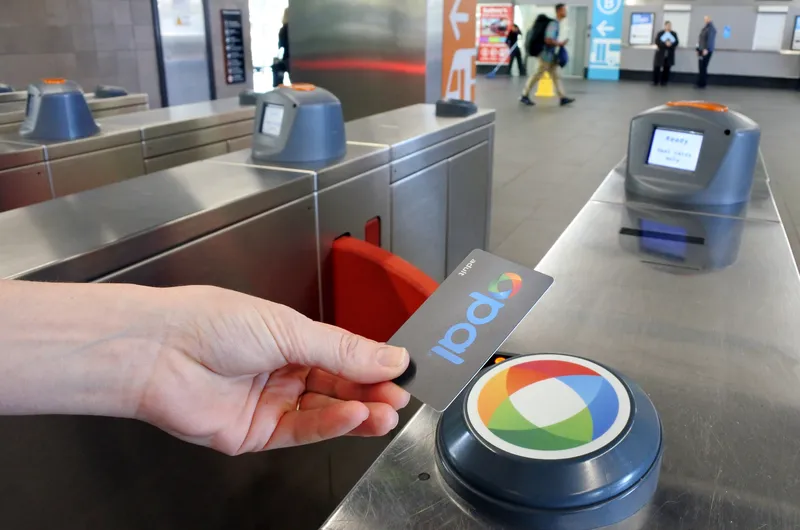Cubic Transportation Systems (CTS) has been awarded a $12.7 million, two-year contract extension from the Metropolitan Atlanta Rapid Transit Authority (MARTA) in the US to provide automated fare collection (AFC) maintenance services. The contract also includes options for an upgrade path to support future updates, which could increase the value to US$52 million if all options are exercised.
CTS designed and delivered MARTA’s Breeze Card, a card-based AFC system that utilises Cubic’s smart card ticketing
October 28, 2016
Read time: 2 mins
CTS designed and delivered MARTA’s Breeze Card, a card-based AFC system that utilises Cubic’s smart card ticketing technology, in 2006. Since then, Cubic has been providing maintenance and onsite support to MARTA and maintenance support to its regional partners: the Georgia Regional Transportation Authority (GRTA), Cobb and Gwinnett counties and the Atlanta Streetcar. The Breeze Card system currently generates more than 106 million rides annually.
Under the contract extension, CTS will continue to support MARTA and its regional partners with their AFC system. These services include first-line hardware support, corrective and preventive maintenance services, local infrastructure support, as well as software support and maintenance management.









